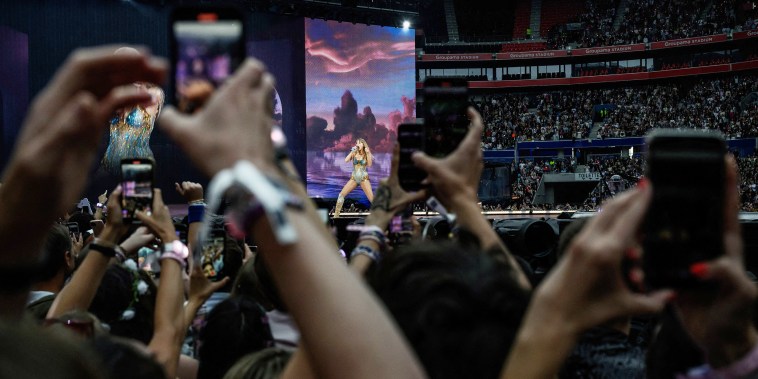
Unveiling the Funflation Phenomenon: How Americans are Splurging on Travel and Entertainment
The Funflation Effect: A Shift in American Spending Habits
The landscape of consumer spending in America is undergoing a notable transformation in the wake of the ongoing pandemic. Dubbed the Funflation Effect, this trend reflects a significant shift in how Americans are allocating their disposable income, prioritizing travel and entertainment in their spending habits. Several key factors contribute to this phenomenon, reshaping the economic dynamics of the country.
One of the primary drivers of the Funflation Effect is the pent-up demand for leisure activities that have been put on hold during the height of the pandemic. As lockdown restrictions are gradually eased and vaccination rates increase, individuals are eager to make up for lost time by indulging in travel experiences, dining out, attending live events, and engaging in recreational activities. This surge in demand for leisure pursuits has created a ripple effect across various industries, prompting businesses to adapt to changing consumer preferences.
The newfound appreciation for experiences over material possessions also plays a significant role in fueling the Funflation Effect. Research indicates that millennials and Gen Z consumers, in particular, place a high value on unique experiences that offer social connection and personal fulfillment. This shift in mindset has led individuals to prioritize spending on travel and entertainment, seeking out opportunities to create lasting memories and enrich their lives through meaningful encounters.
Moreover, the rise of remote work and flexible schedules has contributed to the Funflation Effect by enabling individuals to explore new destinations while maintaining their professional commitments. The ability to work from anywhere has empowered people to embrace a more nomadic lifestyle, taking advantage of remote work policies to embark on extended trips and immerse themselves in different cultures. This newfound freedom has reshaped the traditional boundaries of work and leisure, blurring the lines between professional responsibilities and personal adventures.
The Funflation Effect has also been fueled by a collective desire to prioritize mental health and well-being in the aftermath of a challenging period marked by uncertainty and isolation. Engaging in enriching experiences, such as travel, cultural excursions, and outdoor activities, has proven to be a therapeutic antidote to the stress and anxiety brought about by the pandemic. By investing in experiences that foster joy, relaxation, and personal growth, individuals are actively seeking to enhance their overall quality of life and nurture their emotional resilience.
In conclusion, the Funflation Effect represents a significant shift in American spending habits, highlighting a renewed focus on experiences, leisure pursuits, and personal fulfillment. As consumers prioritize travel and entertainment in their discretionary spending, industries are adapting to meet the evolving demands of a population eager to embrace new adventures and create lasting memories. By understanding the underlying drivers of this trend, businesses can tailor their offerings to align with the changing preferences of consumers and capitalize on the opportunities presented by the Funflation Effect.
[Word Count: 457]
